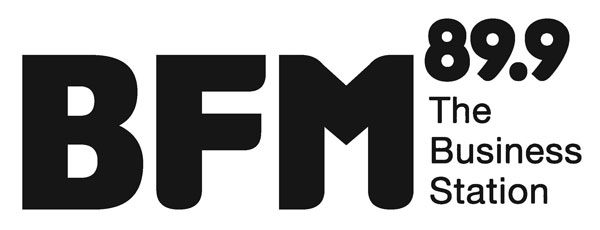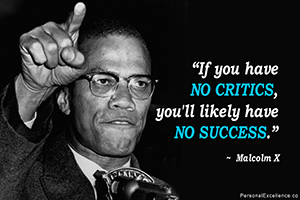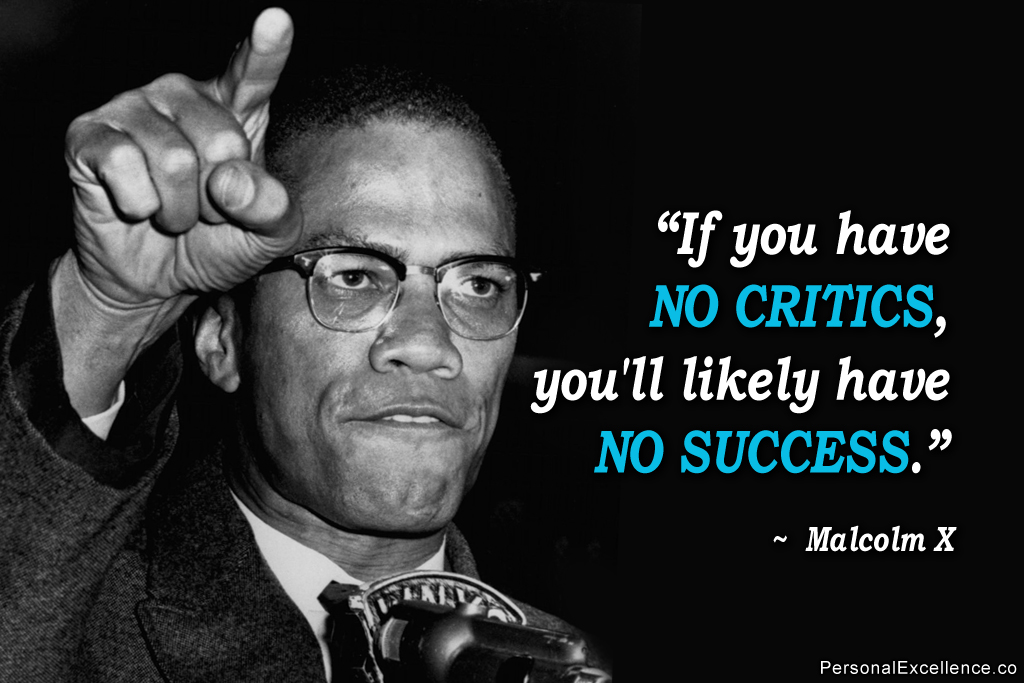Recently I was contacted by BFM 89.9, Malaysia’s leading business radio station, for an interview on How Your Language Affects Your Success.

BFM 89.9, Malaysia’s first business radio station
This is not the first time I’ve been invited on BFM — my first time was for a bucket list interview which aired on Jan 3, 2013. This is the second time I’m on BFM and the interview, “Your Language Affects Your Success,” has since aired on June 10, 2014. You can listen to both interviews in the media section.
Here is an outline of our 15-minute content-packed interview:
- How our language relates to our professional success — 0:41 min
- Five common examples of negative language — 1:28 min
- How common is the tendency to use negative language? (Hint: No one is impervious to it! :) ) — 2:29 min
- For people who are prone to negative language, does it stem from deeper issues? And can this be addressed? (Short answer: Yes it can be addressed, and I share how) — 3:25 min
- What impact does our negative language have onto our life? Is it just a linguistic issue that doesn’t make a difference in the long run? (Short answer: No, and I share why that’s the case) — 4:48 min
- Three practical tips to remove self-limiting thoughts permanently — 7:02 min
- “Fake it till you make it” — should we do this? — 10:10 min
- Why you don’t need any reason (or qualifications to feel confident), and my personal example of how I brought this to life in my work — 10:10 min as well
- Three practical tips to help us break the habit of negative self-talk and use empowering lingo — 11:44 min
In PE fashion, I stuffed as much practical pointers as I could, so I hope you’ll find this interview helpful! :D Thanks Othniel and Freda for having me on the show again!
For further reading on the concepts I mentioned on the show
- What Childhood Stories Are You Replaying Today? — On childhood stories, how they get formed, and how to “reverse” the bad stories
- How to Create Real Change In Life: Address Root Cause vs. Effects — Why it’s not enough to deal with your problems superficially
- How To Be The Most Confident Person In The World — Three ways to increase your self-confidence and how to be the most confident person ever starting from now









 Thanks for reading. If you like my free articles, join my private email list and get my latest updates and articles sent right to your inbox.
Thanks for reading. If you like my free articles, join my private email list and get my latest updates and articles sent right to your inbox.